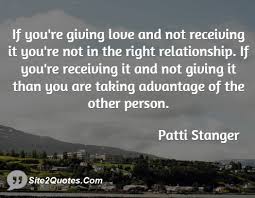
Grey Rock is a technique that can be used to stay neutral and unemotional in the presence of a narcissist so that they do not try to extract narcissistic supply from you. Narcissistic supply can come in either positive or negative form of emotion, either will usually do. So to remain emotionless, polite but uninvolved and detached is of no “use” to the narcissist, so they will usually (perhaps after a few attempts to get an emotional reaction from you (hook you)) move on to look for a better source. Their attempts can happen on either end of the spectrum, either by being excessively nice, attentive or sycophantic or by being extremely rude, dismissive and critical.
It is a non-confrontational method that implies “It’s not you, it’s me” except that you act it out rather than saying it so that the narcissist can come to that conclusion on his or her own.
When dealing with narcissists it is important to avoid making them envious, if you use the grey rock approach you will fade into the background and therefore their attention will not be focused on you as a potential threat. Let them know that you are a boring person and have a boring life if they do try to test you for narcissistic supply and do not tell them anything personal however benign as they will use it to draw you in and then use it against you.
If the narcissist gets even the slightest inclination that you might be a good source of supply they will try different tactics to see which one can provoke the best reaction. Should this happen you can use a technique that is called Selective Grey Rock. This is where you respond to the issues that matter least to you, it will focus the narcissist on that issue. Selective grey rock acts as a decoy and prevents the narcissist from pulling you into their drama.
Grey rock works because a narcissist is easily bored and the need constant stimulation to keep their own demons at bay. That is why they get over involved in other people’s lives and constantly try to create drama, to have an effective drama you need (real or imaginary) actors and an audience. Feeling involved in this production invigorates them, they feel empowered by directing the play, any kind of response works for them so long as they are the cause of that reaction.
The narcissist is addicted to power and control, they will do anything to divert attention to themselves, they know how much they “need” control and will constantly check to see that you are still jumping through their loops and are not creating any type of side show that they might be excluded from. The more often we respond to their dramatic behaviour the more reinforcement that we provide. If we just stay neutral s/he will get upset and probably try harder, if we stand firm and do not react the narcissist well see that we aren’t much “fun” any more and move on. They may sporadically come back to see if there is any “play” in you, but if you do not respond, the game is over.





